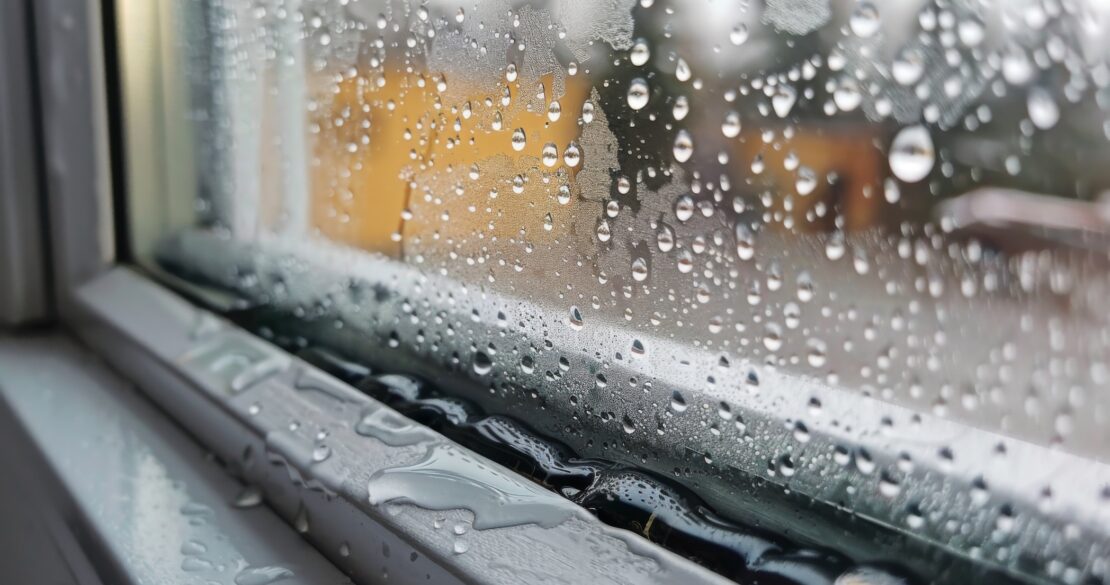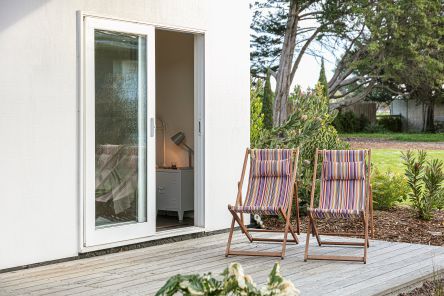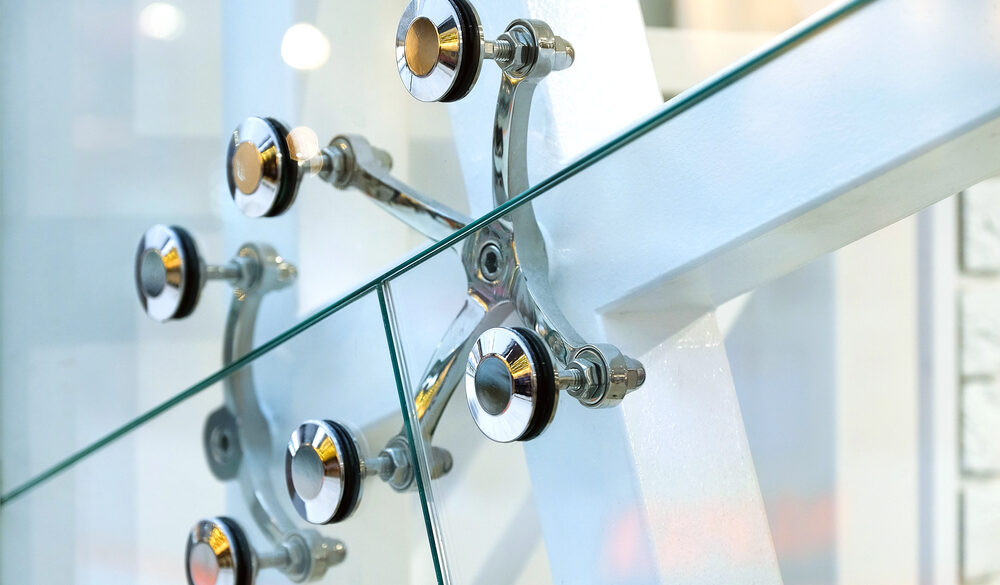If you live near the coast, especially in a place like coastal NC, you already know that hurricane season is not to be taken lightly. Every year from June through November, your home or business could face intense winds, flying debris, and severe downpours. And if there’s one part of your property that’s particularly vulnerable during a storm, it would be your glass windows and doors.
Without proper preparation, one cracked window could lead to major water damage or even structural failures. Luckily, there are plenty of precautions and preparations you can make before a storm hits to protect your property from potential damage. In this blog, we’ll break down why glass fails during hurricanes, what your options are to protect your glass, and how to keep everything in good shape heading into storm season.
Why Windows and Doors Fail in Severe Weather
There are several elements that your glass doors and windows have to battle during hurricane season. The main ones are wind, debris, and water.
- Wind can cause pressure to build up on the outside of a structure. When a weak window or door inevitably fails, that pressure rushes inside. This sudden change can cause other windows to blow out and, in extreme cases, lift the roof off entirely.
- Debris is often the main cause of damage. Tree branches, patio furniture, and roofing materials can all become high-speed projectiles that slam into your property and cause serious damage.
- Water is known for sneaking into the smallest gaps, often caused by worn-out seals, gaps in caulk, or even cracked frames. Even if the glass doesn’t shatter, water will always find its way in if there’s an opening.
4 Ways to Protect Glass Before a Storm
Installing Impact-Resistant Glass
If you’re installing new or replacing old windows, impact-resistant glass is one of the best storm-resistant materials money can buy.
These windows and doors use laminated glass, essentially two panes with a strong plastic layer in between. This material is very similar to car windshields. Even if they crack or become damaged, they stay intact and keep further wind, debris, and rain out. Many impact-resistant glass products are tested for high winds and impacts and are built to stand up to the elements. Not only can they help protect your property, but they may also lower insurance premiums, block UV rays, and dampen outside sounds year-round.
Impact-resistant glass does come at a cost, so consult with an expert about the best materials for your budget and home. Sometimes, it makes sense to upgrade just the most vulnerable areas, like large glass doors or second-story windows where shutters are harder to install.
Using Storm Shutters or Panels
Storm shutters or panels are a solid option if you’re not looking to replace or install new glass. Whether you choose shutters or panels, the purpose is the same: they act as a barrier placed over your glass to protect it from flying debris.
You’ve probably seen accordion or roll-down style shutters. These stay mounted on the house and can be closed quickly when a storm is on the way. If you’re looking for an extra layer of protection, there are also metal or polycarbonate panels you can store in the garage and bolt into place when needed.
Both options serve their purpose well, especially if you’re dealing with multiple windows and don’t want to mess with plywood. Just make sure everything is in working order. A rusty track or missing latch can turn a reliable protection system into a weak point.
Plywood
If you’re in a pinch with a serious storm on the way, plywood is a go-to solution for protecting windows. You’ll want at least ⅝-inch thick plywood, and to ensure it fits snugly over the entire window, attach securely with proper anchors. A loose or thin board can do more harm than good.
It’s not the prettiest solution, and installing it is a big project, but it’s cheap, effective, and gets the job done when you need to protect your property the most.
A good tip is to prep ahead of time. Instead of scrambling for materials when the storm is on its way, cut and label boards for each of your windows and store them somewhere dry and out of the way. That way, you’ve got everything ready if the forecast turns ugly.
Window Film
While this won’t stop a window from breaking, security film can help keep shattered glass from exploding into your home if a window does break. It is simply a clear layer that you apply to the inside of your windows that holds the glass together even after it cracks.
How to Protect Glass Doors During a Hurricane
Glass doors, especially sliding patio doors, are often even more vulnerable than windows. They are larger, have longer panes of glass, and sometimes lack strong frame support.
It’s important to inspect your doors. Reinforcing the tracks, replacing worn weather seals, and adding locks at the top and bottom can go a long way in strengthening them.
For commercial spaces with big glass storefronts, consider professional-grade roll-down shutters or impact glazing. These types of buildings have significantly more exposure, so it is best to contact a professional and see what options are best for your property.
Don’t Wait for the Storm, Get Prepared Now
No amount of preparation or knowledge will help if you wait until there’s a hurricane on the radar. By then, it is too late. Take some time to determine the best ways to protect your home or business now while the skies are still blue.
Whether that means investing in impact-resistant glass, installing shutters, or simply inspecting your home for gaps and cracks, every step counts.
If you’re unsure where to start, that’s where we come in. At Atlantic Glass, we’ve been helping homeowners and business owners in the greater Wilmington area storm-proof their properties for over 25 years. Whether you need glass door repairs, custom impact window installations, or just expert advice on the best hurricane protection for your space, we’re here to help.
Feel free to contact us with any questions or to schedule a consultation before hurricane season ramps up. Your windows and doors, and everything behind them, deserve to be protected.





